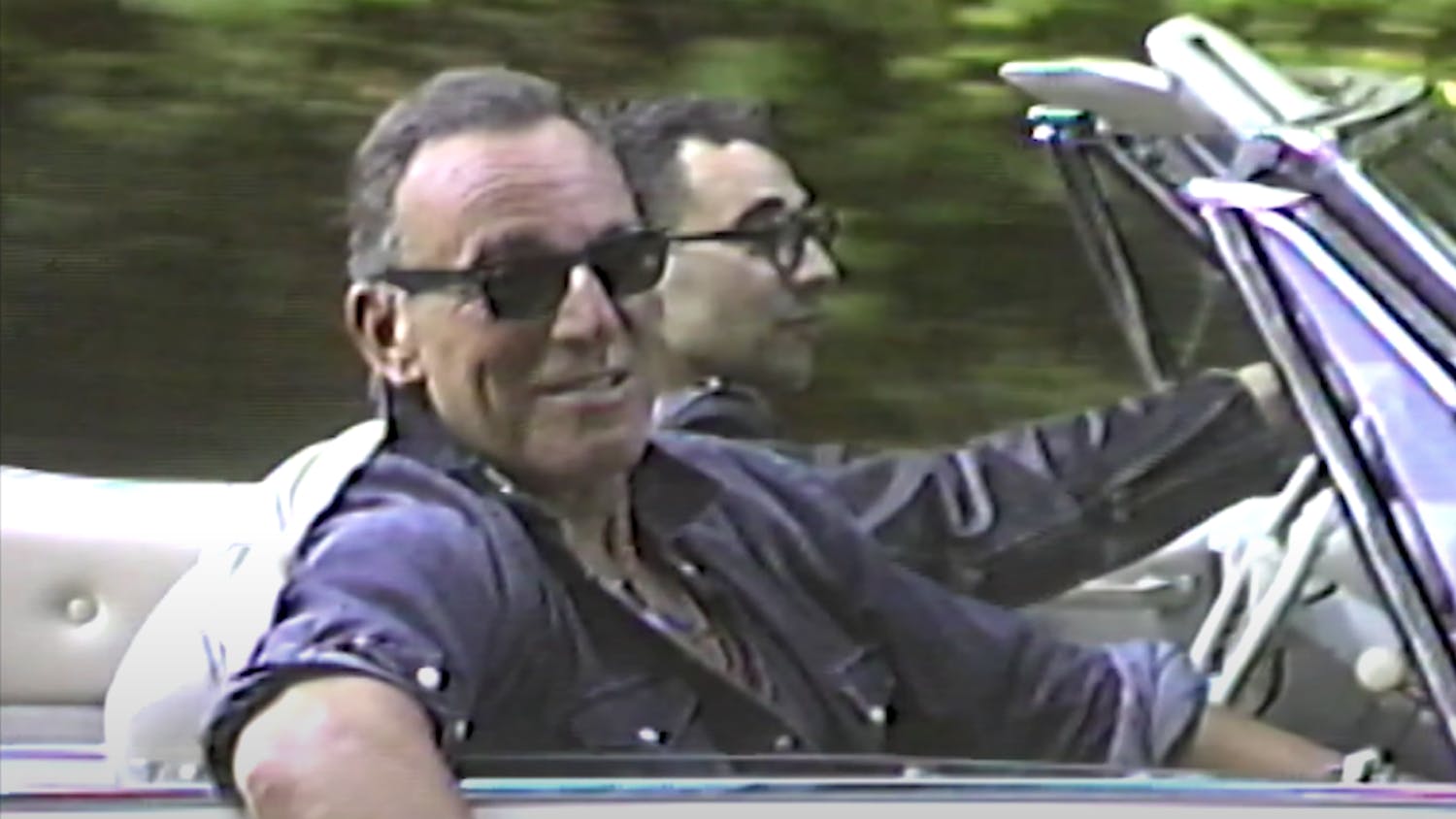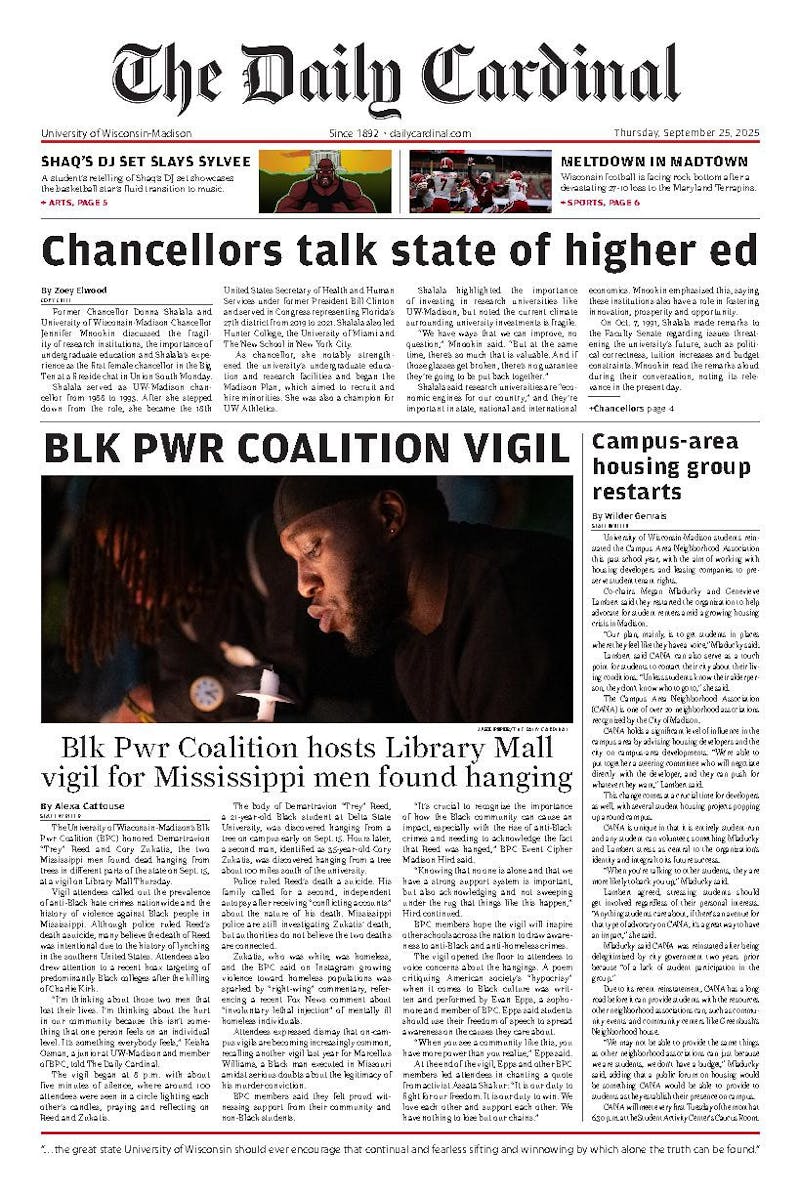Wednesday marked the would-be 46th birthday of Kurt Cobain, the indie kid that drove punk rock from the sweaty underground to the heights of MTV without sacrificing a shred of dignity. In just over five short years, he was transformed from an outsider weirdo recording under the name Fecal Matter to the messiah for an unfulfilled generation–the posthumous ideal of a tortured artist, fated for perennial evaluation and reevaluation. What more can be said for the guy that hasn’t already been rendered banal by every entitled fan or controversial critic in the last two decades?
Happy birthday. You are missed. We are thankful for what you had to share with us.
Had Cobain not taken his life, would he have continued to put out the same old Seattle grunge until it became stale and irrelevant? Or did he have another game-changer in him yet? It’s unfair and selfish (not to mention completely unoriginal) for a journalist to play such what-if games with Cobain’s life, but they bring up an interesting point.
Two polar states bookend the creative spectrum of artistic progression: reinvention, and reassessment. Some musicians are known for never releasing the same album twice. Others grab hold of a place in time and don’t let go, perfecting their craft over many years.
This is why any Neil Young album, regardless of when it was actually released, sounds distinctly 1960s.; why any Bruce Springsteen album sounds distinctly 1970s; any Smiths album distinctly 1980s; and any Nirvana album distinctly 1990s. There are extremely talented artists on both sides of the fence here, but is there any more merit to one approach or the other?
Musical preference is a subjective matter; don’t let anyone ever tell you otherwise. That said, in terms of sheer innovation and time-tested influence, compulsive and jittery artists with a fear of stasis and an unbounded creativity will always be those that get credited with progress. Radiohead, David Bowie, the Velvet Underground; these are musicians that exist in trends only because they themselves created those trends. By the time they found something that worked, they were already on to bigger and better things.
Miles Davis had ascended to the top of the hard bop scene by the late 1950s. He then had already grown impatient with that format. When he released Kind of Blue in 1959, Davis simultaneously invented and perfected modal jazz. Just as other musicians were beginning to catch up, Davis shocked the world with Bitches Brew and A Tribute to Jack Johnson, two of the most radically forward-thinking back-to-back albums ever made. Jazz fusion was born.
Likewise, try to name two post-1964 Beatles albums that sound more than vaguely similar. Revolver is the apex of the 1960s psychedelia. Abbey Road is an equivalently genius record, yet it bears almost no resemblance to Revolver.
Even today, bands on the cutting edge like Radiohead and Animal Collective are famous for reinventing themselves with each new release. Even if Animal Collective’s most recent album, Centipede Hz, was a bit underwhelming, it was still a wildly ambitious step in a direction that nobody expected.
This inherent risk factor is part of what makes artistic redefinition so exciting to witness. If a musician finds a successful niche, it’s easy for them to hole up and nurse it until it’s dry. Finding that niche and then venturing forth to explore new artistic terrain takes vision, insight and extreme confidence. And when a talented artist comes along and pulls it off, it’s nothing less than stunning.
Cobain was a genius robbed young of the chance for creative development. But in the end, whether an artist’s output is static or fluid does not determine the value of their art. Rather, it determines how history will reflect on their work. Those who choose the less adventurous route will eventually grow dated. They will become inextricably linked with the aesthetics of their style and period.
Those who opt for persistent reinvention will instead become linked with ideas and concepts–a much loftier aspiration for any forward-looking artist.
Have any thoughts to share with Max? Any kind words about Kurt? Send him an email at mdfisher2@wisc.edu.





